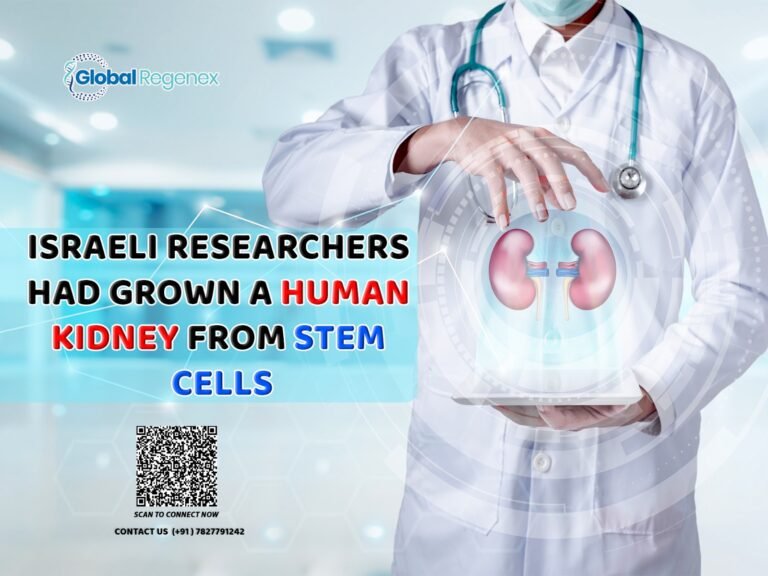Israeli Researchers Had Grown a Human Kidney From Stem Cells
September 12, 2025
•
Global Regenex
Scientists at Tel Aviv University and Sheba Medical Centre have developed human kidney organoids, an artificial three-dimensional organ culture, from...
Read More →

